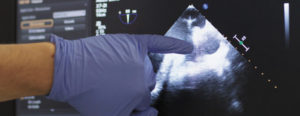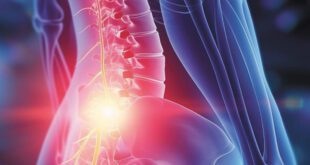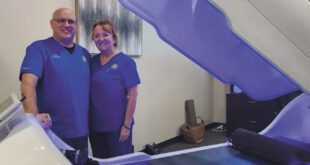 Feeling short of breath, heart palpitations, chest pain and tightness? Do you know the signs of Coronary Artery Disease (CAD)? And if you’re experiencing them, are you taking steps to see your cardiologist to find out what’s the cause?
Feeling short of breath, heart palpitations, chest pain and tightness? Do you know the signs of Coronary Artery Disease (CAD)? And if you’re experiencing them, are you taking steps to see your cardiologist to find out what’s the cause?
For many people, that have CAD symptoms, they, unfortunately, ignore their signs. Ignoring heart irregularities can be fatal! And if you are experiencing any, the best time to have diagnostic testing is when these indicators are acting up.
What Diagnostics are available?
In today’s modern medical world, we have so many tests that can pinpoint exactly what’s wrong with our hearts; if only more patients would take advantage of getting tested to know where their risk factors and cardiac health fall, they would give themselves a jump start on living a much healthier life with greater longevity.
An electrocardiogram (EKG or ECG) measures the electrical activity of the heartbeat. If you are experiencing heart symptoms, this is usually the first test that will be administered in an office setting or in the ER. If there are any abnormalities, more testing will follow to eliminate issues, or in many cases, put the pieces together to find out what’s causing your warning signs.
Stress tests are one of the most common methods to detect heart function during exercise and at rest. If you are unable to exercise, there are nuclear stress test options that utilize an injectable contrast to mimic the heart rate elevation of exercise, while you lie or sit down. Either way, a stress test is a staple to discovering the functionality of your heart.
Sometimes stress tests are not enough, and further testing like an angiogram is required to see how the inside (lumen) of the blood vessels, arteries, and heart chambers are working via CT imaging. An angiogram can show blockages and other blood flow abnormalities.
Many times cardiologists will ask patients to wear a Holter Monitor for anywhere from 24 hours to several days depending on your specific situation and risk factors. The monitor is a portable electrocardiography device that continuously monitors the rhythm and the heart’s activity.
An echocardiogram is an ultrasound of the heart that can detect how the blood is pumping and it can also identify the size and thickness of the valves, chambers, and arteries.
There is also another vital test called a calcium score. This test measures the amount of plaque in your arteries. Although this test is beneficial in diagnosing blockages and treating your cardiac condition, it is not covered by insurance at this time, but the price usually ranges from $75 to $300 and is available at most diagnostic imaging centers.
CAD Symptoms
• Chest Pain and tightness
• Lightheaded
• Dizzy
• Tired/Fatigue
• Shortness of breath
• Anxiety
• Rapid heart rate
• Sweating
• Gray color to the skin
• Arm/Shoulder Pain
• Abnormal heart palpitations
Depending on your diagnosis and indicators, the treatment can vary from merely taking medications to having a non-invasive procedure, or a surgery. The best advice any cardiologist will give you is, “Don’t ignore your symptoms!” If you have any heart irregularities or discomfort, seeking medical attention fast is imperative.
If you believe you are having a heart attack or stroke, call 911! If you’re having initial symptoms that come and go, contact your cardiologist immediately.
Dr. Thiruvallur Vallabhan
Rolling Oaks Professional Park
929 N US HWY 441, Suite 201
Lady Lake, FL 32159
352-750-2040
It’s your heart.
It should be personal.
And that’s how I treat it.
Dr. Thiruvallur Vallabhan is devoted to keeping your heart at its healthiest. Dr. Vallabhan is a Board Certified Cardiologist, and his mission is to provide The Villages and its surrounding communities with the highest quality cardiac care in a welcoming environment. He and his staff are dedicated to fulfilling the specific cardiac needs of each patient.
To find out more information on the Dr. Vallabhan, your local specialists in the diseases of the heart, veins, and arteries, please call (352) 750-2040 or visit them online at, Drvcardio.com
If you believe you are having a heart attack or stroke, call 911! If you’re having initial symptoms that come and go, contact your cardiologist immediately.
 Central Florida Health and Wellness Magazine Health and Wellness Articles of the Villages
Central Florida Health and Wellness Magazine Health and Wellness Articles of the Villages



